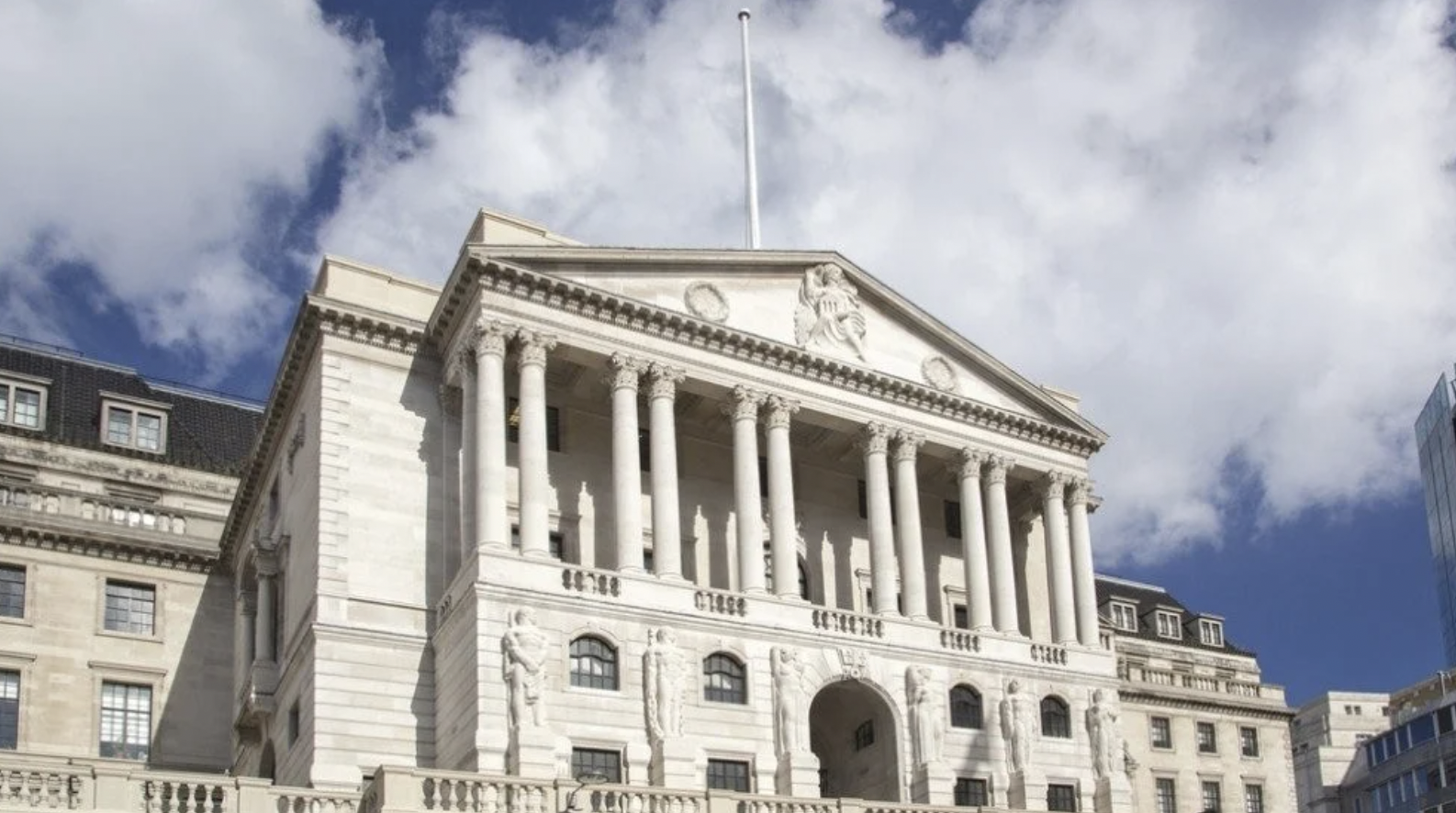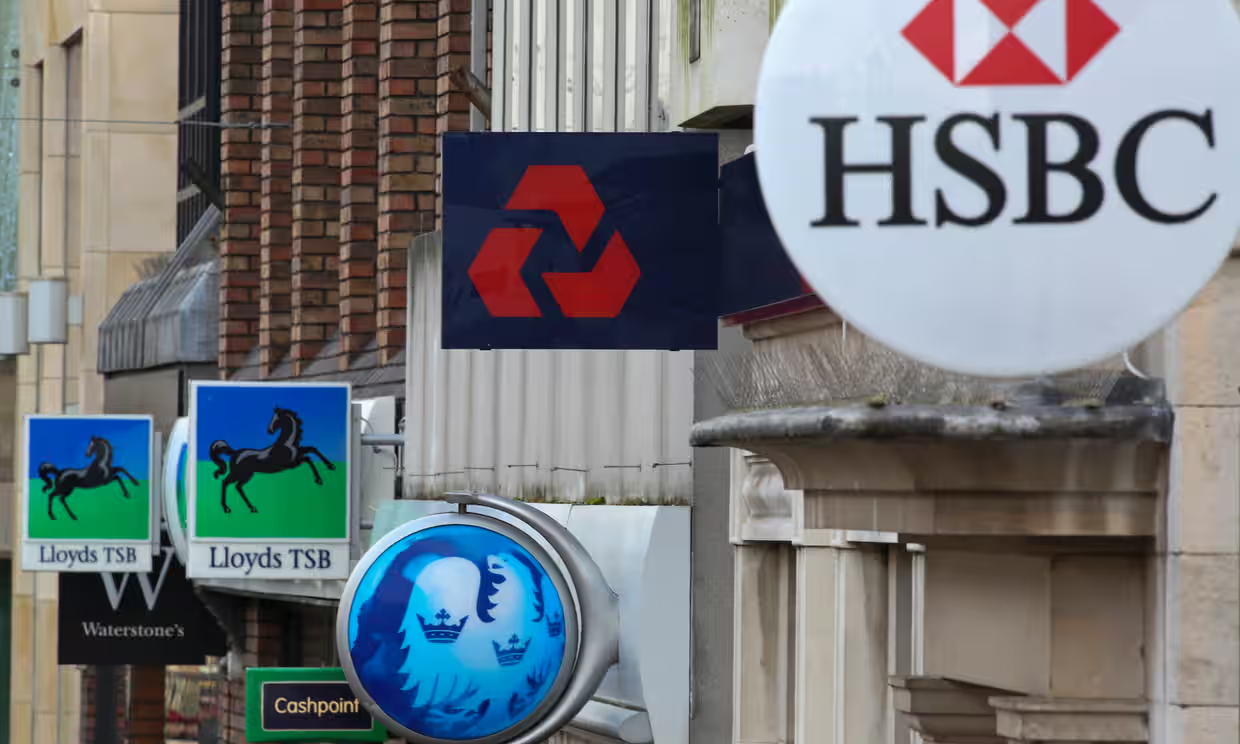News: UK Inflation Falls To 2.3%

The rate of price rises in the UK has dropped to 2.3% in April, marking the lowest inflation rate since July 2021, according to the Office for National Statistics (ONS). This decrease brings the inflation rate closer to the Bank of England's target of 2%, a milestone that has not been seen in nearly three years.
This new figure represents a significant drop from the previous month. In the year up to March, the inflation rate was at 3.2%. However, the current rate is still slightly above the expectations of economists and the Bank of England, who had forecasted a rate of 2.1%.
Impact on Interest Rates
Despite the slowdown, the higher-than-expected inflation number may influence the Bank of England's decisions regarding interest rates. Core inflation, which excludes volatile energy and food prices, remains high at 3.9%, although it has decreased from 4.2% in the previous month. This persistent core inflation might discourage the Bank from cutting rates in the near term. The market now anticipates that rates will be held steady at the upcoming Monetary Policy Committee meeting in June, with potential cuts being pushed to August.
Factors Contributing to the Slowdown
Several factors have contributed to the recent slowdown in inflation:
Energy Price Cap Reduction: Ofgem's reduction of the energy price cap has led to cheaper energy bills, significantly impacting the overall inflation rate.
Decreased Food Price Inflation: Food price inflation has dropped to 2.9%, a substantial decrease from last year's peak of 19.2%.
Stable Tobacco Levies: The absence of increased tobacco levies in the budget has also played a role in tempering inflation.
However, rising fuel costs, driven by tensions between Israel and Iran, have acted to keep inflation from falling further.
As inflation edges closer to the Bank of England's target, there is cautious optimism about the potential for lower interest rates and more affordable borrowing in the future. However, the persistence of core inflation and external economic pressures means that policymakers will need to remain vigilant in their efforts to sustain economic stability and growth.



